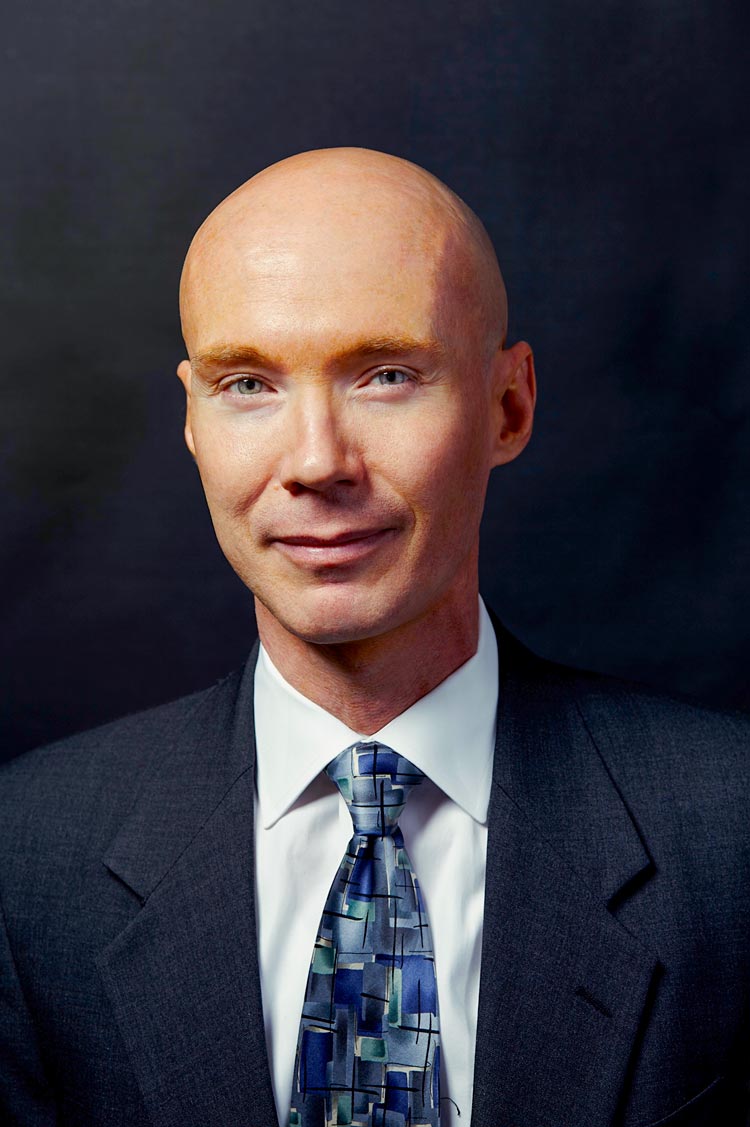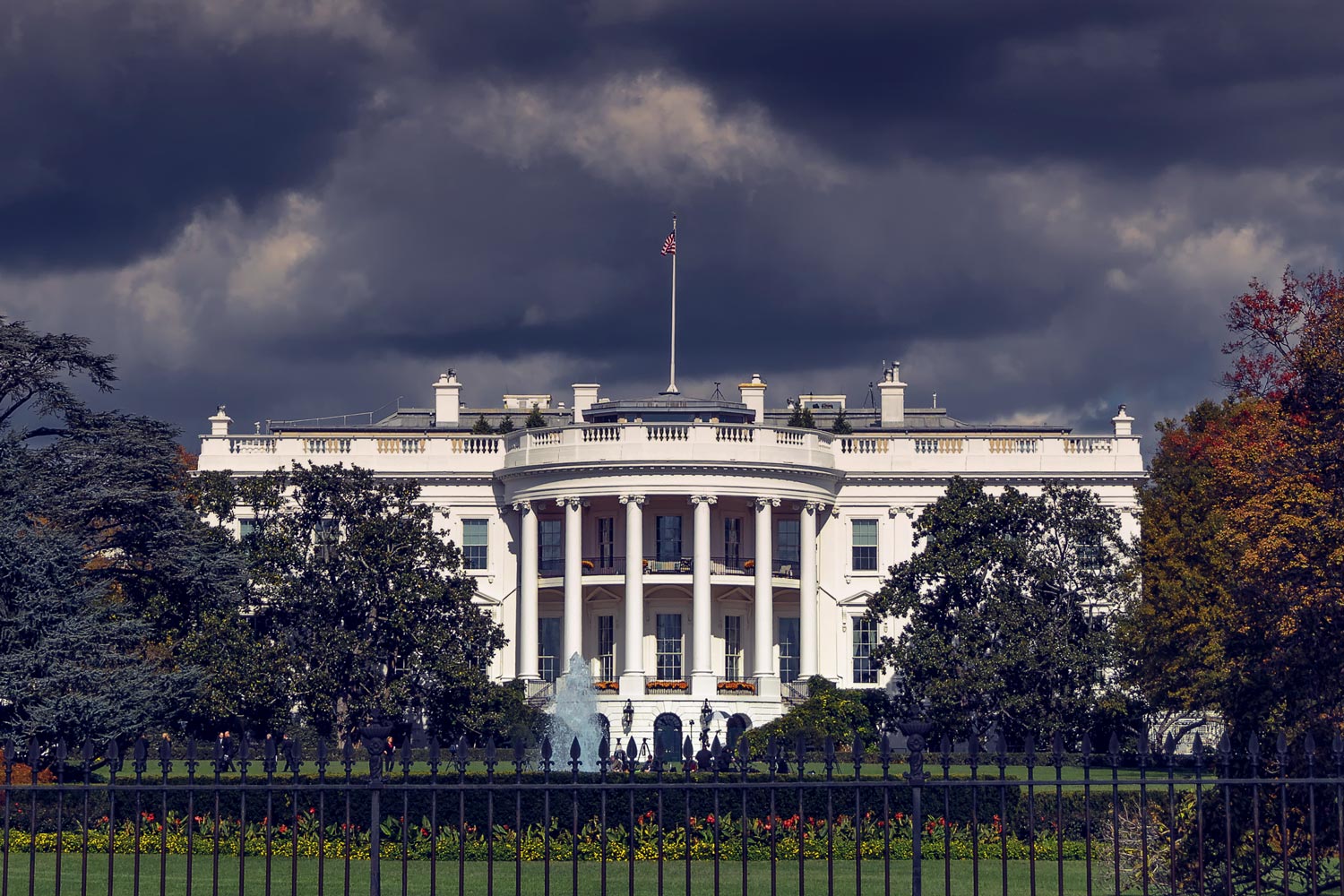On Monday, the FBI raided the Manhattan offices of President Donald Trump’s personal attorney, Michael Cohen.
The agents raided Cohen’s office, home and hotel room to seize tax returns, financial records and communications between the lawyer and his clients, including Trump. They were executing a search warrant on behalf of the U.S. attorney’s office for the Southern District of New York after a referral from Robert S. Mueller III, a 1973 UVA Law graduate who is the special counsel in the Russia investigation.
It was an extremely unusual move, according to presidential historian Ken Hughes.
Hughes would know – the research specialist at the University of Virginia’s Miller Center is one of the foremost experts on President Richard Nixon and the Watergate scandal.

Ken Hughes has spent more than two decades mining the secrets of the Miller Center’s White House tapes, focusing on Lyndon Johnson and Richard Nixon. (Photo: The Miller Center)
On Tuesday morning, we spoke with Hughes and asked him to provide some historical context for the dramatic raids.
Q. Is there is a precedent for this sort of raid or are we in new territory?
A. The closest comparison in the modern era would be the Watergate scandal, but even then there is no precedent for the FBI raiding the offices of any of the president’s personal attorneys.
John Dean, who served as Nixon’s White House Counsel, had to testify against the president about criminal acts he had conspired with the president to commit. As that case showed, attorney-client privilege does not protect criminal activity; it is not a license to break the law.
However, unlike Michael Cohen, Dean was the White House counsel. He was not Nixon’s personal attorney. Nixon kept his defense attorneys in the dark during Watergate and they were not subjects of the investigations. One of his personal attorneys, Herb Kalmbach, did go to prison for illegal campaign fundraising and for illegally offering a campaign donor an ambassadorship in return for $100,000. But the government never had to raid his office for evidence.
Q. Reading coverage of Monday’s raid on Michael Cohen’s home and office, what stands out to you?
A. I understand there is a very high legal bar that the U.S. attorney’s office had to meet to conduct these raids [Geoffrey S. Berman is the United States attorney for the Southern District of New York, appointed by Attorney General Jeff Sessions].
They presumably have reason to believe that they would probably find evidence that either Cohen was breaking the law or that Cohen and Trump were together breaking the law. That is a very big deal. We don’t know much about it yet, but we should pay close attention to this because searches like this are rare and the government had to meet a high legal standard for this to happen at all.
Q. What does this mean for the institution of the presidency?
A. It’s a very reassuring sign that we continue to live under the rule of law. For this to happen to the personal attorney of a sitting president, the Department of Justice has to be functioning as a relatively independent, unobstructed organization that faithfully executes the laws of the United States.
That is how the system is supposed to function; it’s supposed to treat the president’s lawyer the same way it would treat a mobster’s lawyer or anyone else’s lawyer. No one is above the law, including the president and his associates.

The fact that all of this took place in the jurisdiction of a U.S. attorney, Geoffrey Berman, who was appointed by Sessions after being interviewed by President Trump is also reassuring. It shows that the president’s appointee is not getting in the way of the administration of the law.
Q. What will you be paying attention to as this story continues to unfold?
A. I am very concerned that the president will try to obstruct special counsel Robert S. Mueller’s investigation in one way or another, either by firing Mueller, limiting his activities or pardoning people who are under investigation. All of that would constitute an illegal obstruction of justice and could lead to impeachment and put the president in serious legal jeopardy. So, I will be watching to see if the president or his administration does anything that would interfere with the investigation.
Q. As a presidential historian, what is it like to watch this unfold as a case study in real time?
A. It’s like watching a Watergate documentary on fast-forward instead of having time to think about each development.
Things seemed to happen very quickly during Watergate, of course, and there was a certain amount of chaos. But Nixon was a lawyer himself and very well-steeped in the history of the presidency. He tended to be take very careful action; even when he was committing a crime there was a certain logic to it. With this president, things seem more chaotic.
Media Contact
Article Information
April 10, 2018
/content/watching-watergate-documentary-fast-forward

